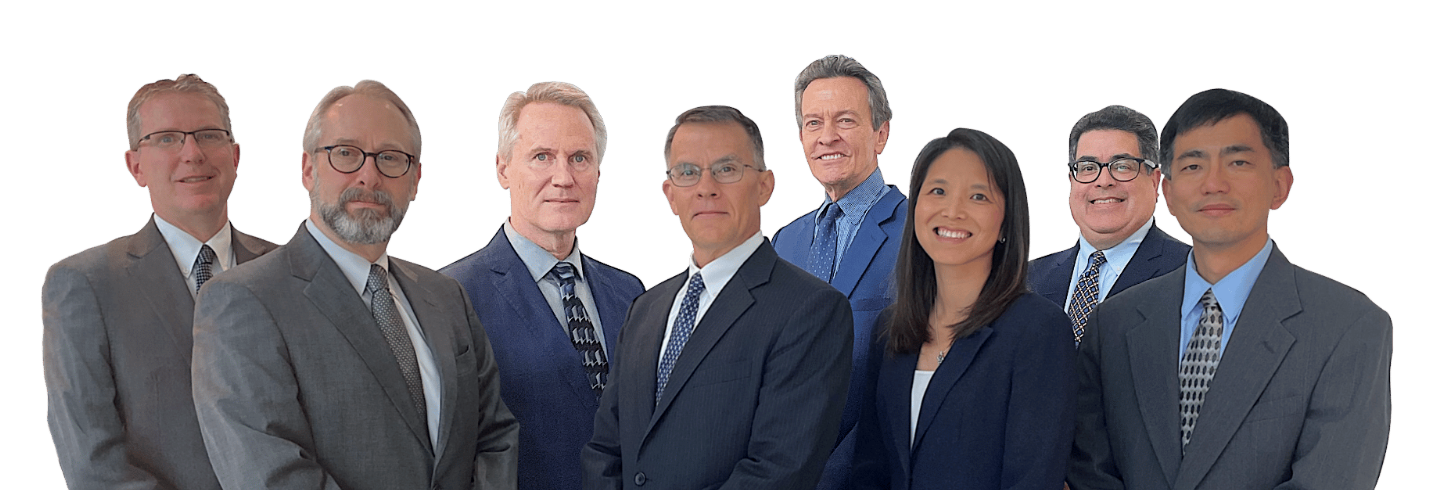TYSONS OFFICE
Nonprofit Legal Audit Questionnaire™ Overview
The Gammon & Grange Legal Audit Questionnaire™ (“LAQ”) enables a nonprofit organization to take a significant, self-directed step in assessing its legal health. We provide this service to nonprofit organizations directly, or through their in-house counsel or local counsel (provided we receive the ordering letter directly from the nonprofit entity). For many organizations, the LAQ will be the first step in a systematic process of diagnosing the organization’s legal strengths and weaknesses and developing a plan for dramatically improving legal compliance and risk management, known as the Gammon & Grange Legal Audit Questionnaire™. In some cases, Gammon & Grange may provide customized Legal Audit services even where the organization elects to not use the LAQ.
Preventive Lawyering
In this post-9/11/01 world, the nonprofit sector probably faces an even greater stewardship challenge than the business community. On the one hand, the demands for scrupulous accountability post-Sarbanes-Oxley are ever-growing. Nonprofits are increasingly vulnerable to litigation and government scrutiny over liability issues and regulations–much of which did not exist 30 years ago. Historic protective barriers such as the charitable immunity doctrine, the corporate shield protecting the personal assets of officers and directors, and the at-will employment doctrine have significantly eroded while entire new theories of legal liability, such as negligent hiring and supervision, sexual harassment, etc. have become fertile fields for plaintiffs’ counsel. All this points to the need for competent and extensive legal oversight. On the other hand, there is a constant pressure, both from within and without, to minimize legal and administrative expenses. Furthermore, unlike the business sector where funds for preventive legal and financial counsel typically are available from profits, in the nonprofit sector such prudent but non-urgent expenses generally come from sacrificial dollars entrusted by thousands of donors expecting increased services and program outreach.
To meet this dilemma for our nonprofit clients, we have embraced the concept of preventive lawyering. For more than two decades we have been developing and refining risk management tools for nonprofits that address these legal issues on a cost-effective basis. Through serving hundreds of nonprofit entities, we have developed the Nonprofit Legal Audit Questionnaire™. This is a principal tool for preventive lawyering services and has been designed to be used both by lawyers conducting a comprehensive legal audit as well as on a self-directed basis by the nonprofit itself.
The Legal Audit Questionnaire™ contains over one hundred pages of self-administering questions and information-gathering charts. The LAQ provides the framework for developing a comprehensive profile of the organization’s structure and operations. The LAQ serves as the initial tool in examining overall legal health. The exercise of completing this comprehensive document, even if no other steps are taken, can measurably improve your organization’s legal health. This preventive process is advanced further where your organization then gives copies of its completed LAQ to its senior management team, board members, and legal counsel. The LAQ amasses vital information which can be of significant service to these individuals in performing their respective duties for the organization.
Gammon & Grange also provides a CD version of the LAQ in PDF format, fully searchable with the table of contents and all cross references hyper-linked. This approach allows you to fully complete the LAQ electronically, making the process more efficient.
We also provide Field Audit services using the LAQ and other audit tools. Please call if you would like to discuss the field audit option or a targeted legal audit focused on only a few areas of legal compliance, such as governance, human resources, exempt organization issues, etc. These options may be particularly appropriate if your organization has an immediate need to determine its legal exposure or if it is deemed best to have independent parties involved in the LAQ completion process.

